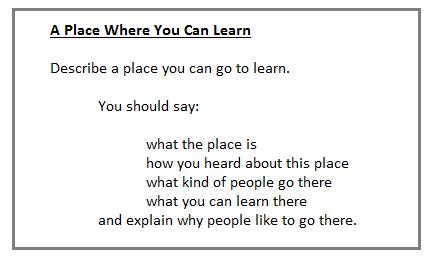In IELTS Listening Section 1, it is common to be asked to listen for English names.
This lesson will test you on your ability to listen and write down English names. After the answers, I’ll give you a list of tips to help you understand how to listen for names in IELTS Listening Section 1.
UPDATE 2017: Capital letters are not marked in IELTS listening or reading so don’t worry about them. See this page for more info: https://ieltsliz.com/ielts-listening-25-essential-top-tips/
Are you good at spelling? Do you know your English names? Let’s see…
Listening for English Names
Recommended
Click below for more useful listening practice for IELTS:





